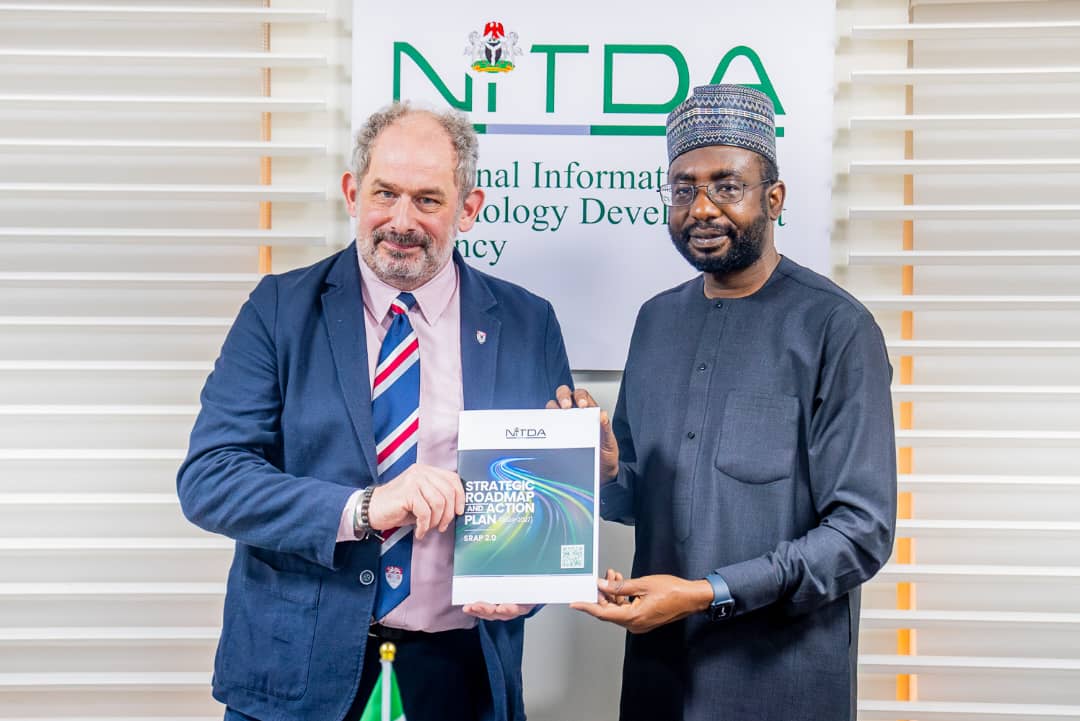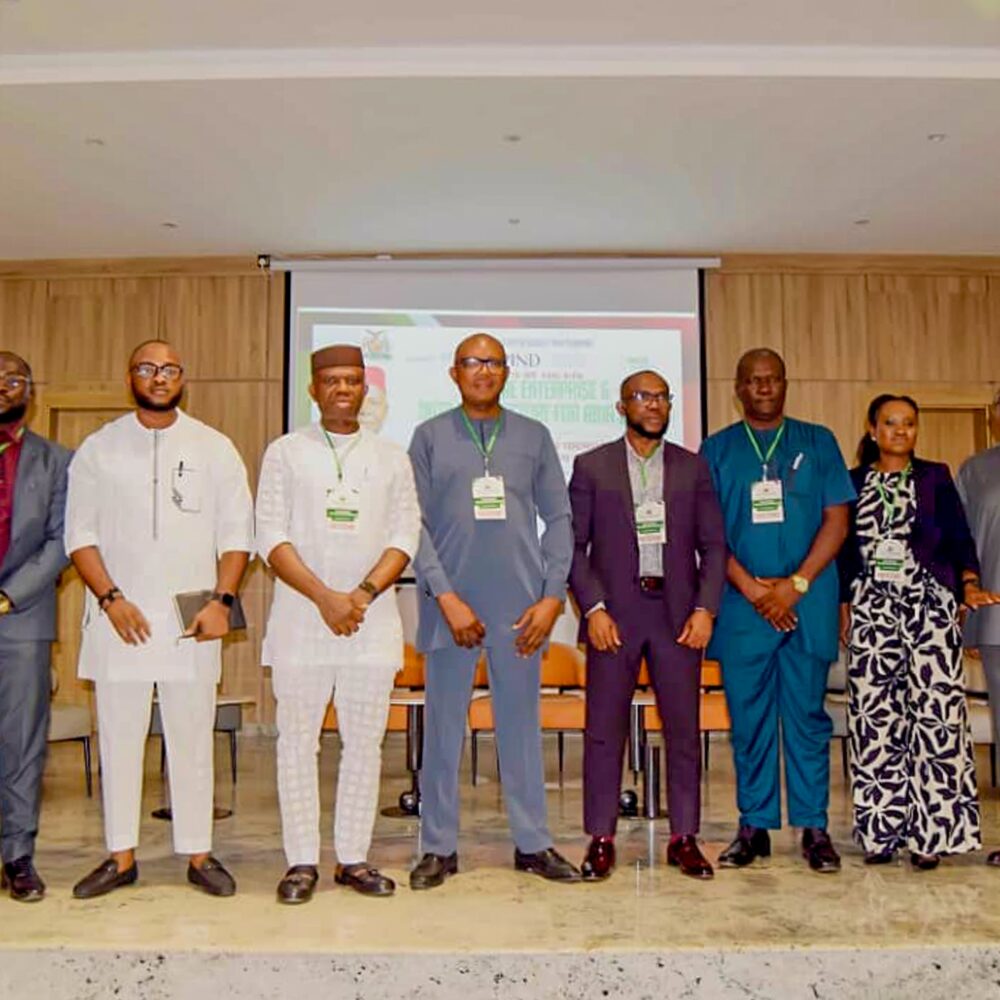In a renewed drive to harness innovation for national development and youth empowerment, the Director General of the National Information Technology Development Agency (NITDA), Kashifu Inuwa, CCIE, has emphasized the critical role of research in shaping effective policies and driving real transformation in Nigeria’s digital ecosystem.

Inuwa made this known during a working visit by a delegation from Lancaster University, United Kingdom, led by Professor Kirk Semple, Director of International Research, to NITDA’s corporate headquarters in Abuja.
The meeting focused on deepening collaboration under the Research and Innovation Partnership for Entrepreneurship (RIPE) programme, which seeks to translate academic research into entrepreneurial and economic growth.
“For us to build a robust and sustainable economy, we need to invest in research. That is where we have a huge gap in Nigeria and Africa at large we don’t invest in research,” Inuwa stated.
Using agriculture as an example, he noted that access to data and digital tools could significantly improve productivity for farmers. He stressed that research and development (R&D) are foundational for solving such sector-specific challenges and for crafting impactful regulations and policies.
Inuwa outlined NITDA’s focus on emerging technologies AI, IoT, blockchain, UAVs, robotics, and additive manufacturing as key to solving local challenges and creating new opportunities.
“The goal is to create a vibrant technology-research ecosystem that unites academia, industry, government, entrepreneurs, and risk capital,” he added.
He further emphasized aligning academic curricula with industry needs to ensure talent development is innovation-driven and solution-oriented. Inuwa cautioned against duplication of efforts and urged stronger coordination among stakeholders.
The NITDA DG also referenced the Federal Government’s eight-point national development agenda and highlighted how NITDA’s Strategic Roadmap and Action Plan 2024–2027 (SRAP 2.0) aligned with these goals, especially through its eight pillars ranging from digital literacy to policy implementation and strategic partnerships.
“We place a strong emphasis on research because without it, you can’t develop effective policies or regulations that drive real change in the ecosystem,” he reiterated.
Professor Kirk Semple, in his remarks, praised NITDA’s proactive approach and noted that Lancaster University’s RIPE programme was designed to bridge the gap between academic theory and practical impact.
“Universities today must demonstrate value beyond knowledge creation. Strategic partnerships like this ensure that research informs policy, supports innovation, and drives meaningful change in communities,” Semple said.
He emphasized the role of innovation in connecting academia and society, especially for tackling pressing global challenges such as climate change, digital inequality, and public health issues.
Semple concluded by calling for long-term, cross-sector partnerships focused on sustained societal impact rather than accolades.





